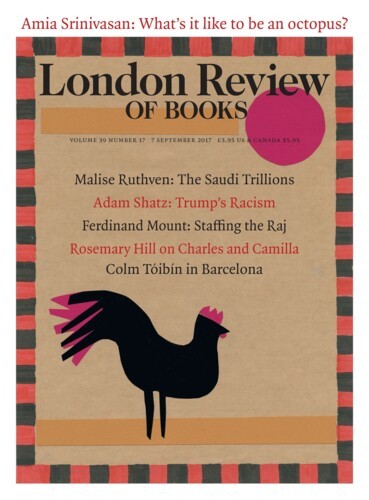I want to be a star: Bedazzling Alcibiades
Peter Green, 24 January 2019
Of the many enigmas bequeathed by the ancient world to its modern students, few are more tantalising than the seemingly indestructible charisma of Alcibiades (born c.453 bce). After a lifetime of personal scandal, political failure and multiple public betrayals, including that of his country to the Spartans, this enfant terrible still remained, even as a penniless exile, the subject (as...





